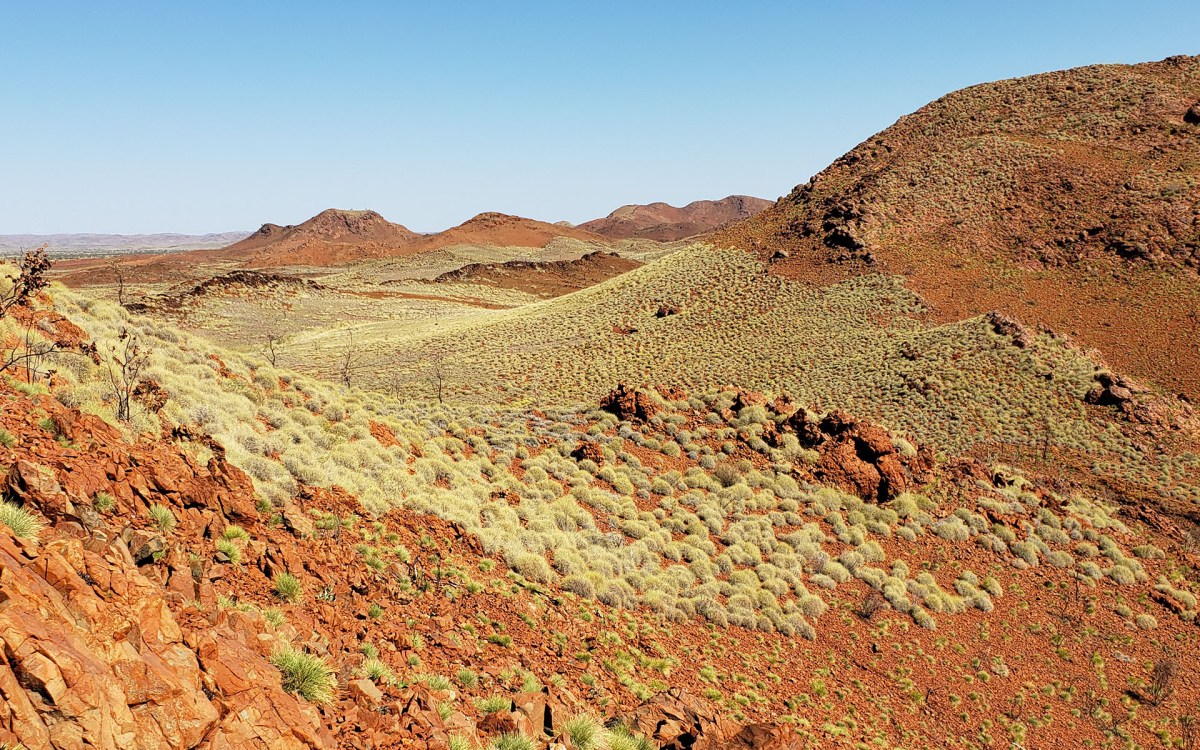Harvard Medical School grad heads for International Space Station
Robert Satcher left Earth today aboard the Shuttle Atlantis
In an era when elementary schoolchildren can create
exciting new worlds and explore them with the click of a computer mouse, will
we again see bold explorers like Lewis and Clark or the Mercury Seven
astronauts? Will we follow modern Jasons and their Argonauts through space in
an age in which the nation’s deficit is soaring and equally alluring worlds in
our body’s cells offer the potential to cure disease and extend life?
Robert Satcher says we will.
Satcher was one of many millions of people around the
world who watched on television in grainy black-and-white as the Apollo XI
astronauts first bounced on the lunar surface in 1969.
Since then, hundreds of American astronauts have
gone into space on U.S. rockets and shuttle systems. Only 14 have been African Americans. If all goes as planned,
Robert Satcher, a 44-year-old grandson of Alabama sharecroppers who earned his M. D. at Harvard Medical School, today joined their ranks.
Like many little boys in 1969, 5-year-old Satcher —
the son of a college president and a high school business teacher — was
watching those moon-landing images and imagining that someday he too would
travel there. And this afternoon he was one of the astronaut’s aboard space shuttle Atlantis as it lifted at 2:28 p.m. ET from Kennedy Space Center, in Florida, marking the transition from building the International Space Station to
stocking it with enough spare parts to ensure its long-term survival.
“I’m very much looking forward to it. I’m very
excited about it,” Satcher said in an interview late last July, when he was at HMS to give a talk. “This is something that I thought about when I was a kid, yes,
but I never thought that I’d have a chance to do it.”
During his planned eight-day mission orbiting 250
miles above Earth, he will live on the space station, which is about the size
of a five-bedroom house.
Construction of the combination house, workshop,
laboratory, and observatory began in 1998 and is currently a collaboration
among 15 nations. It is likely to continue operating until 2020.
“I think that during the next few years we’ll
see there was a lot to be discovered by taking advantage of the space
station,” Satcher said.
Satcher, who also completed a doctorate in chemical
engineering at the Massachusetts Institute of Technology, said that although
medical school didn’t prepare him to be an astronaut, it was likely a factor that
drew NASA’s interest. “They usually
bring in two or three physicians to each class of astronauts,” he said.
Having physicians in the astronaut corps, he said,
can be a valuable tool for researchers on Earth who study the process of how
our bodies adapt to the hazards of space, such as microgravity and radiation,
an important puzzle to solve if humans are to venture further into space.
But will the United States play a key role in
future space exploration? A new rationale may need to be found to justify the high
cost of new missions. That rationale might be the de facto justification for
all exploration: that searching is an imperative hard-wired into humankind. But
is it, or is it a cultural creation? Satcher thinks space exploration is
“a little bit of both.”
“We’ve always wanted to explore the unknown.
If you look throughout history, that’s something that people have always wanted
to do,” he said. But there’s a cultural component as well, he added.
“Human space flight is the ‘crown jewel’ of technological
development. A lot of pride and ego are involved with being able to accomplish
these things.”
New exploration would not require the United States
to start from scratch. The nation has been to the moon before, and it has
gained additional knowledge from the shuttle flights and the space station, he
said.
“We’ve learned a tremendous amount by
maintaining a presence in Earth’s orbit for the last 15 years. That’s going to
be a great benefit to us as we move forward.”
Three Mars exploration rovers have already been to
the red planet, sending back thousands of images.
“The Apollo era was a special time because it was the first time anything like that had ever been
done,” he said of the moon-landing program. “Obviously there was also political
turmoil in the U.S. and in the rest of the world. Everybody was looking for
something to be inspired. Of course you can’t duplicate that. But I have no
doubt that it would occur the same way now if the leadership decided that now
is the time.”
[This story was updated at 7:32 p.m., Nov. 16, 2009]





